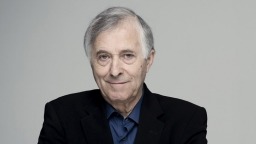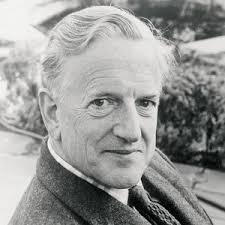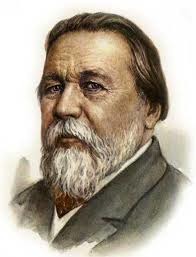
John Shirley-Quirk
[Shirley-Quirk’s] double-barreled surname once gave the misleading impression that its owner possessed a trick voice….
At an Edinburgh Festival production in which Mr. Shirley-Quirk sang, the program billed him without the crucial comma separating his name from his vocal type.
‘Quirk baritone!’ an audience member was heard to declare. ‘What is a quirk baritone?’

Rogers Covey-Crump
Dowland: ‘Can she excuse my wrongs’ (Rogers Covey-Crump, tenor; Jakob Lindberg, lute)
And then there’s pronunciation:
Ralph Vaughan Williams’s first name isn’t said in the American pronunciation of Ral-f but is more correctly done as the English Ray-f. In her book on her husband, Ursula VW said that ‘any other pronunciation used to infuriate him.’

Peter Pears
The tenor Peter Pears’ last name was pronounced ‘peers’ and not like the fruit. Similarly, the tenor Robert Tear’s name rhymes with ‘ear.’

Takako Nishizaki
Hungarian composer Zoltán Kodály has an unpronounced ‘l’ in his last name: he’s Co-Die-y and not Co-da-ly.
Kodály: Háry János Suite: I. Kezdodik a mese (The Fairy Tale Begins) (Seattle Symphony Orchestra; Gerard Schwarz, Conductor)

Ipolitov-Ivanov
There are many more ways that composer and performer names trip us up – listen to any new announcer on a classical radio station make their way through a list of composers and you’ll find yourself giving the verbal correction. Who are some of the composers you’ve been caught out on? Or, who are old composers to whom you’ve given new names? Was it Vladimir Ipolitov -Romanov or?



I’ve had a hard time covincing Argentine announcers that in the US John Philip Sousa’s last name is pronounced “soo-sah”, and not like the original Portuguese “saw-sah”. On the other hand, nobody seems to get that “Ginastera” is a Catalan last name, and the composer himself prefered the first syllable pronounced like “gin”, the beverage, and not with the Spanish sound of the “jota”.